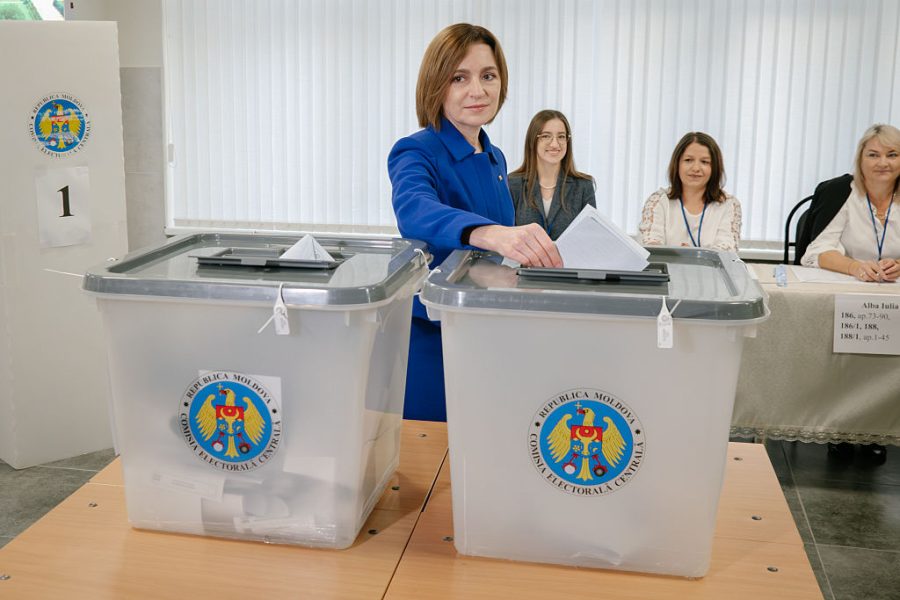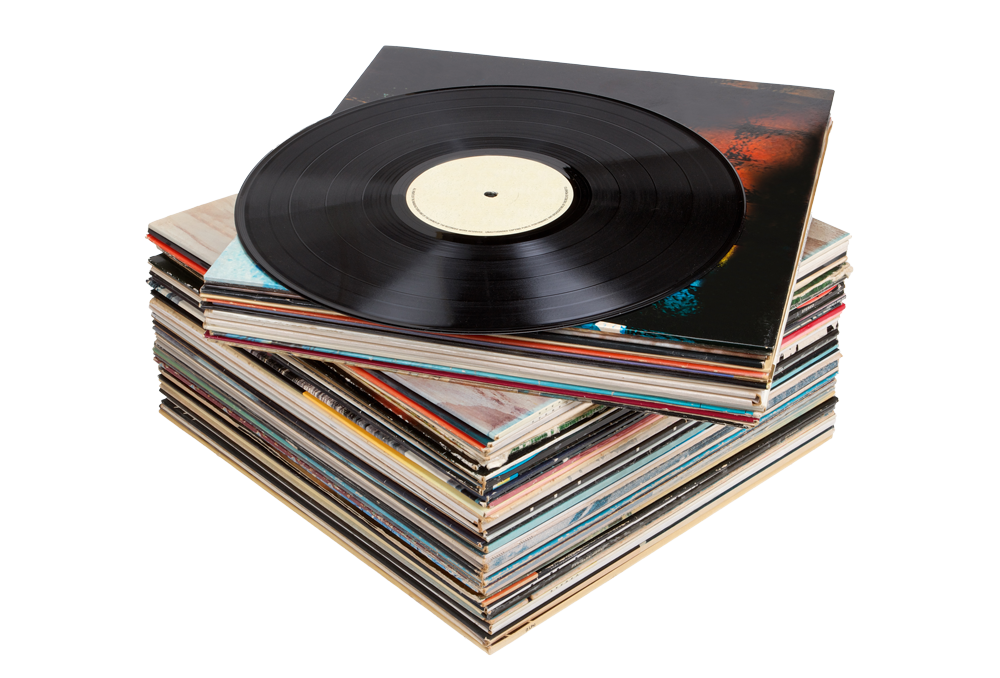‘The European path of Moldova must go on,’ a young Moldovan politician texted me as their parliamentary election results began to roll in yesterday. His party PAS, the pro-European Party of Action and Solidarity, won. The race was not as close as some supporters feared, with PAS receiving about 50 per cent of the vote. The main opposition, Patriotic Electoral Bloc – an alliance of pro-Russian socialist and communist parties – received around 25 per cent.
This is a remarkable moment for Moldova. Just three weeks ago President Maia Sandu, the founder of PAS, addressed the European parliament in Strasbourg, warning of Russian interference. Calling the election a ‘battlefield’, Sandu declared that joining the European Union was a ‘matter of survival’ for Moldova. She has set 2030 as a deadline for the country to join the bloc. Pro-Europeans see this as just another battle in a long war against Russian electoral interference, following the close presidential elections in Moldova in 2024, and the annulled Romanian presidential elections held just a few weeks later.
Moldovan democracy is fragile
There were a number of dramatic developments in the last few days of the election last week: two smaller pro-Russian parties were barred from standing over allegations of illegal financing; the pro-Kremlin billionaire Vladimir Plahotniuc, wanted on charges of money laundering – which he strongly denies, was extradited by Greece in a win for corruption campaigners; and there were reports of bomb threats at polling stations across Europe, widely seen as an attempt to suppress the pro-European diaspora vote.
Moldova’s history is complicated. The Ottomans and the Russians competed for influence and over time the region was split, with the western part absorbed into Romania. This region ended up annexed by the Soviets during the second world war, alongside the eastern part that had been briefly independent. They created a separate socialist republic out of this territory, alongside a small Moldovan autonomous soviet region (now known as Transnistria), which had been created decades earlier. This history has meant that while many Moldovans identify as ethnically Romanian, and share a language with them, a separate Moldovan identity emerged.
Transnistria, literally ‘beyond the Dniester’ river, is a sliver of territory on the border with Ukraine and is one reason why Russia’s interest in Moldova isn’t just historical. The region refused to accept independence in 1991, fought a war with the Moldovan state and now amounts to a frozen conflict. Home to 350,000 people and about the size of Cornwall, its border with Ukraine has been shut ever since the Russian-Ukrainian war began. Visiting Transnistria is like travelling thirty years back to the USSR. There are images of hammers and sickles everywhere, statues of Lenin dominate the boulevards, and streets are littered with Lada cars; Russian guards man the border.
Russia appears to be embarking on a strategy of chaos. Despite the electoral result, political distrust seems to be rising and many PAS supporters fear post-election protests whipped up by the pro-Russian parties. Transnistria makes the threat from Moscow more tangible; Russia maintains a military presence in the region. Residents in Transnistria were eligible to vote in the parliamentary elections, but they had to travel out of their territory to do so.
Moldovan democracy is fragile. Freedom House classifies Moldova as ‘partly free’ and the Economist Democracy Index puts the country at 71 out of the 167 countries it ranks. President Sandu talks proudly of being part of the ‘Twitter revolution’ – protests that took place following the 2009 parliamentary elections which saw allegations of vote-rigging by the ruling communist party. President since 2020, she took over from Igor Dodon, who is now the leader of the pro-Russian parliamentary bloc. The split between the parties used to align with age; around 10 per cent of the population are Russophone and older voters tended to vote for pro-Russian parties. With a cost-of-living crisis, it is harder to generalise; the main topics for this election have been energy prices, inflation and corruption, and the benefits of EU membership feel far away.
European politicians rallied to Sandu’s cause in the last few weeks of the election. Donald Tusk, Emmanuel Macron and Friedrich Merz visited the country to mark Moldova’s ‘national day’ in August, which celebrates independence from the Soviet Union. Speaking in Romanian, the French president condemned the ‘lies’ and ‘propaganda’ of the Russian government. Many in Maia Sandu’s party speak of the threat they face as a pan-European problem. What signal would be sent to politicians like Viktor Orban if the pro-Russian side were to win, they ask? The conflict in Ukraine, on Moldova’s doorstep, has meant the threat of war feels very real for ordinary citizens, and the country harbours over 120,000 Ukrainian refugees.
For now, it appears the pro-Europeans have won the battle that Sandu spoke about earlier this month. Yet the election, against a backdrop of Russian air incursions across Nato territories, is just a reminder of the hybrid warfare that the Kremlin seems determined to conduct. Pro-Europeans will be happy Moldova’s path to joining the EU continues. But as long as Moldova remains outside the EU, they will fear the war for its future is not truly over.







Comments